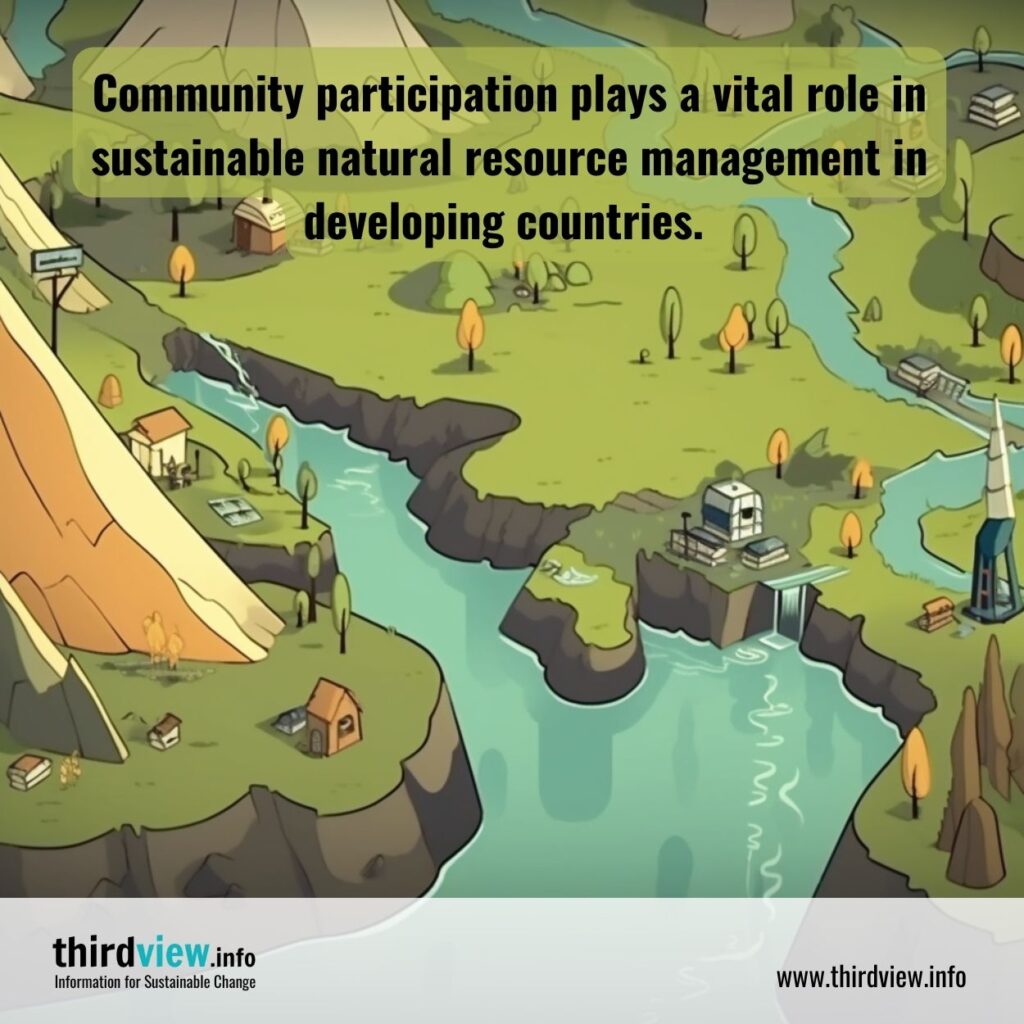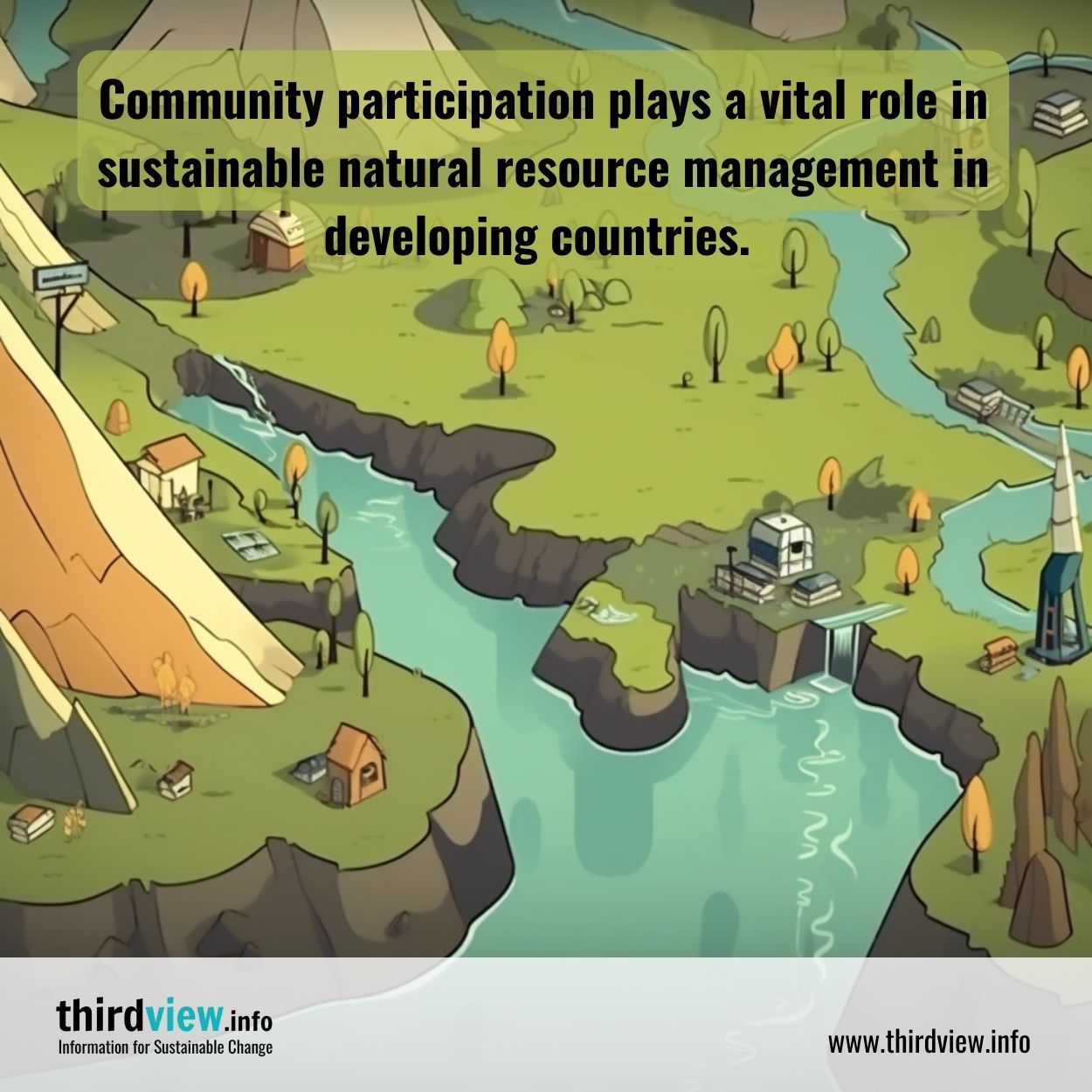Natural resources play a vital role in the development and progress of any country. However, developing countries often face challenges in effectively managing these resources to ensure their sustainability. Achieving sustainable natural resource management is crucial for the continued growth and prosperity of developing nations. This blog explores the various strategies and methods employed by developing countries to tackle the issue of natural resource management.
The Role of Community Participation
Community participation is one of the core elements of sustainable natural resource management. In many developing countries, the community often depends on natural resources for their livelihood. They hunt, fish, and farm using these resources. Therefore, it is essential to involve the community in the management of these resources and ensure they are used sustainably. This can be done through the establishment of community resource management committees and the provision of training and education on sustainable practices.
Strengthening Institutional Capacity
Developing countries often lack the institutional capacity necessary for effective natural resource management. Institutions responsible for managing natural resources may be under-resourced or fail to have the required expertise. It is vital to strengthen these institutions through capacity building and training to ensure they have the necessary tools to perform their roles effectively. This can be done through partnerships and collaboration with international organizations and developed countries.
Promotion of Renewable Energy
The promotion of renewable energy is one of the strategies developed countries are using to achieve sustainable natural resource management. Renewable energy sources like solar, wind, and hydroelectric power are sustainable and do not deplete natural resources. They offer alternative sources of energy that can be used to reduce reliance on non-renewable energy sources like oil and gas. Developing countries can invest in renewable energy technologies to mitigate the impacts of rural poverty and decrease dependence on fossil fuels.
Encouraging Sustainable Agricultural Practices
Agriculture is the primary source of income for many people in developing countries. However, unsustainable agriculture practices like deforestation and monoculture farming have a negative impact on the environment. Encouraging sustainable agricultural practices like agroforestry and organic farming can help reduce the negative impact on the environment and promote sustainable natural resource management.
Promoting Sustainable Forestry
Sustainable forestry practices can ensure the conservation of forests and wildlife while providing timber for various industries. Developing countries can invest in sustainable forestry practices, including selective logging and forest restoration, to promote sustainable natural resource management.
Achieving sustainable natural resource management in developing countries is essential for the continued growth and development of these nations. Community participation, institutional capacity building, promotion of renewable energy, sustainable agriculture practices, and sustainable forestry are some of the strategies that can be employed to achieve this goal. The implementation of sustainable natural resource management practices will promote economic growth, reduce poverty, and protect the environment for future generations. Developing countries should embrace these strategies and work towards achieving sustainable natural resource management for the continued growth and progress of their nations.


